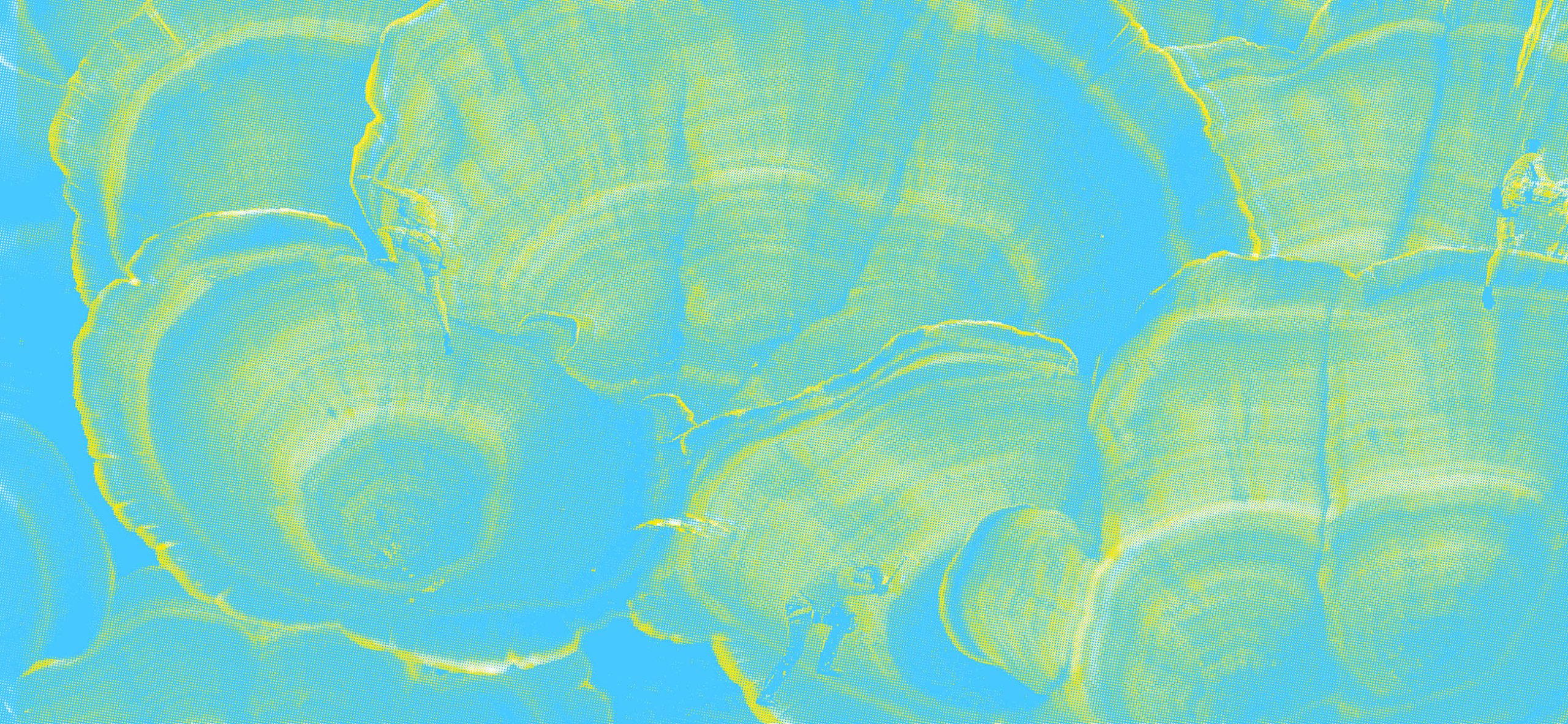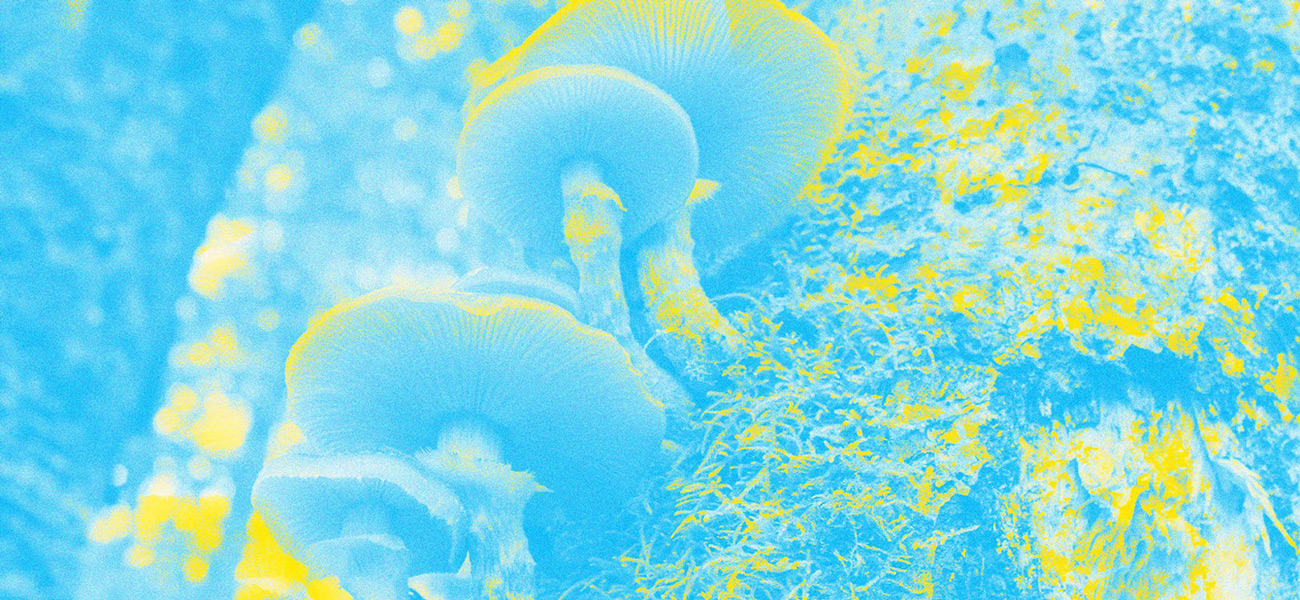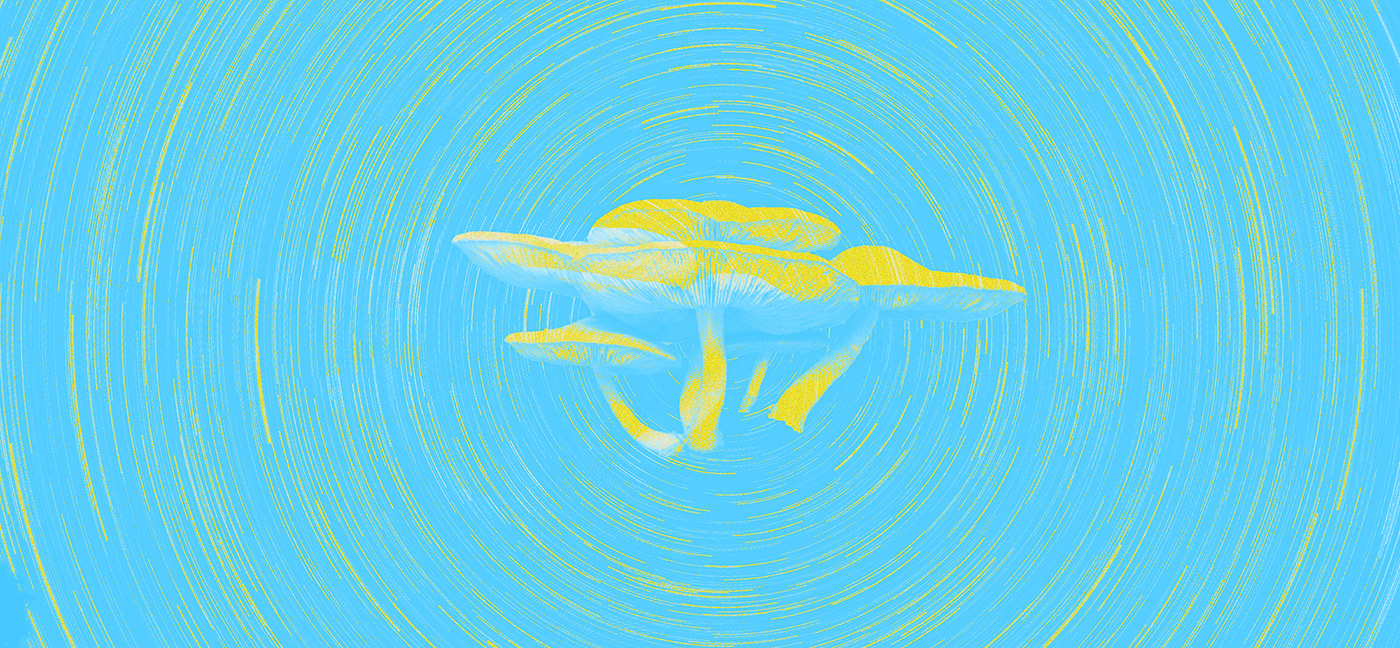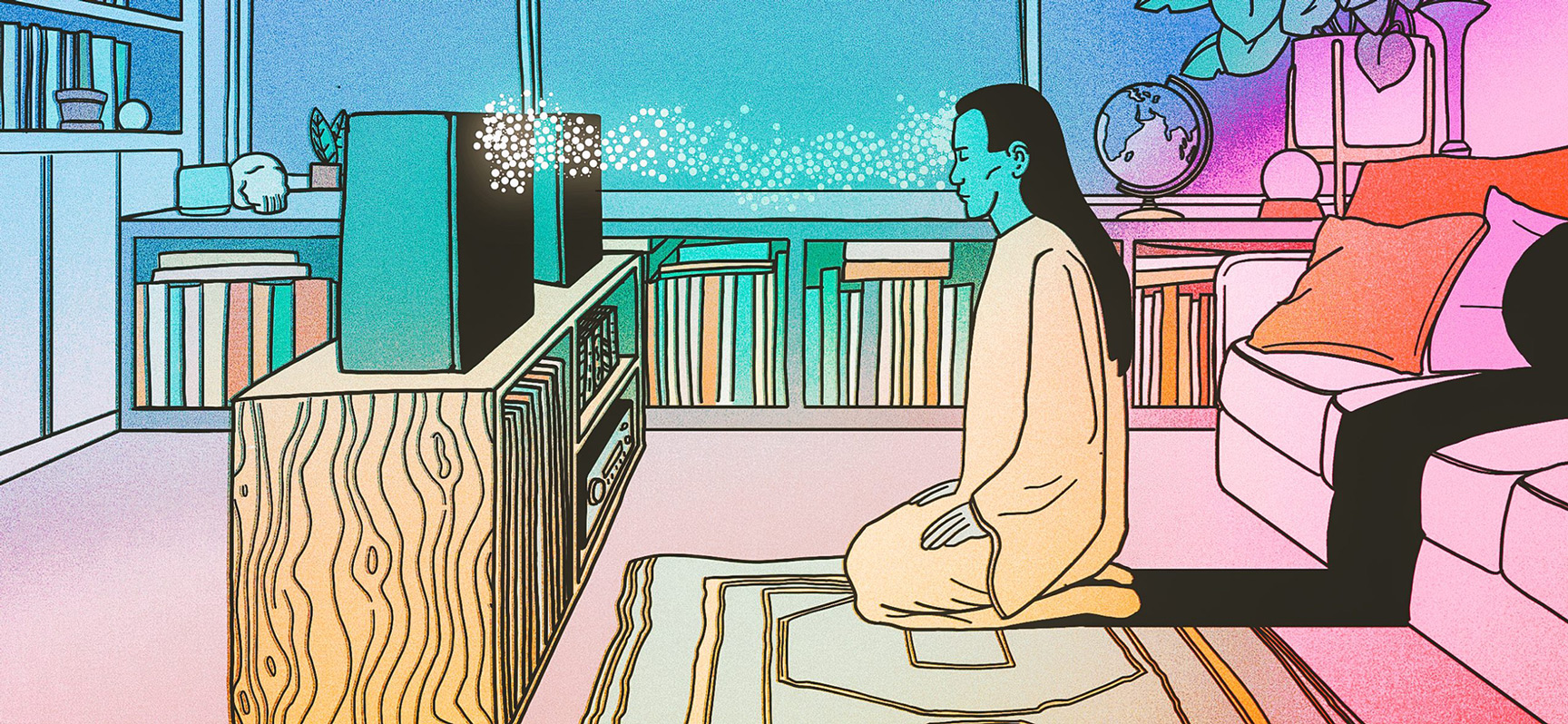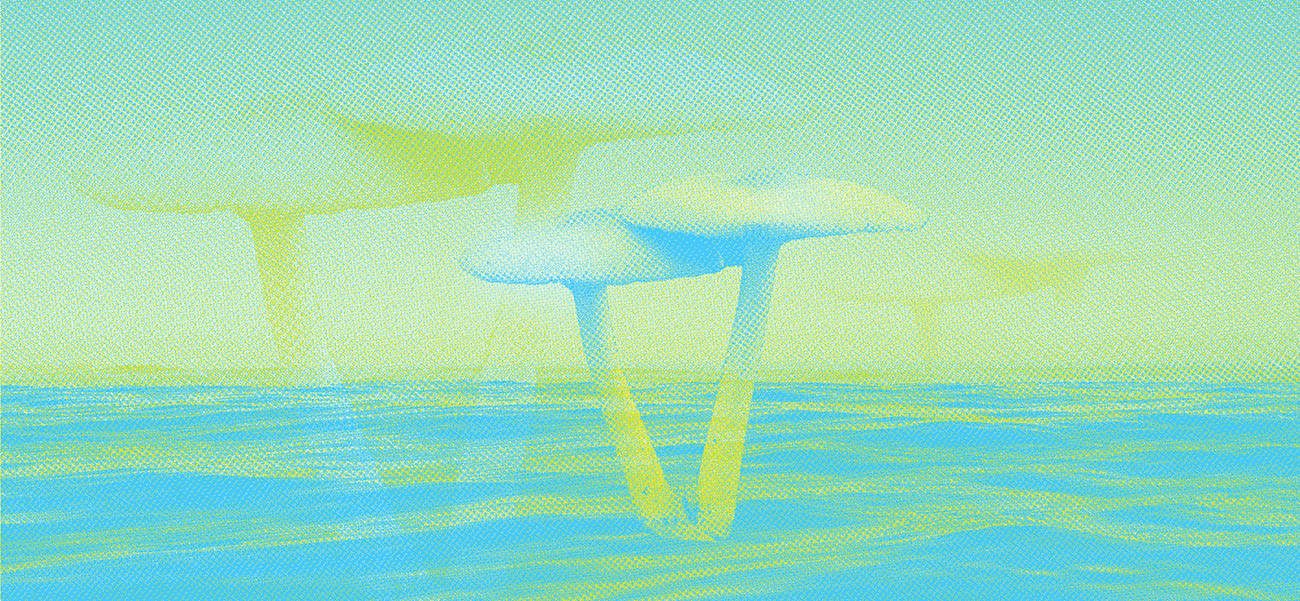#eliannalev #fieldwork #medical #news #psilocybin #science
How psilocybin-assisted therapy is changing the way we face the end of life
With the inevitability of death comes the feelings we must navigate when confronting it — anxiety, fear, existential dread.
While these emotions are as natural as dying itself, scientific research and groundbreaking legal action around the potential that magic mushroom therapy is presenting could help change how we confront this normal and universal part of life.
Psilocybin, the active ingredient in psychedelic mushrooms, is showing scientific promise in helping how people with terminal illnesses navigate the end of life, as well as mental health issues.

In Canada, psilocybin is classified as a Schedule III drug, which covers amphetamines and hallucinogens. However, there seems to be a monumental shift in how we’re approaching this compound and the potential it has to help us come to peace with the end of our time.
From the late 1950s into the early 1970s, there was some research into hallucinogens’ impact on existential anxiety, despair and isolation that’s revealed with the diagnosis of terminal cancer. Despite the promising results, describing patient’s “psychospiritual epiphanies,” there were no follow ups until a pilot study led by Charles S. Grob. The results, published in 2011, found that low doses of psilocybin induced “an alteration of consciousness with potential therapeutic benefit” on severely ill patients.
The psilocybin patient experience
In a 2012 New York Times article titled “How Psychedelic Drugs Can Help Patients Face Death,” a woman named Pam Sakuda, who took part in Grob’s study, described her experience afterwards.
“I felt this lump of emotions welling up . . . almost like an entity,” she said. “I started to cry. . . . Everything was concentrated and came welling up and then . . . it started to dissipate, and I started to look at it differently. . . . I began to realize that all of this negative fear and guilt was such a hindrance . . . to making the most of and enjoying the healthy time that I’m having.”
Grob said that even with a modest dose, “it appears the drug can relieve the angst and fear of the dying.”
In an essay for The Kit, Laurie Brooks, an end of life cancer patient, described a similar experience during a one-time therapy treatment she had with psilocybin. Immediately after the session, she asked if her bra had been cut off, since she was able to breathe easier. (It hadn’t.) The next day, she detailed being able to see her cancer in a box beside her on the floor, instead of hanging over her.
“It’s felt that way ever since, for the most part . . . There’s still lots of emotional stuff but I’m able to deal with it in the moment instead of just shutting it down and ignoring it. Some days I don’t even think about having cancer . . . the anxiety just isn’t there. It’s amazing how the treatment put everything into perspective in my brain. My therapist said it sometimes takes 10 years of therapy to get to that point.”

More recent studies are showing consistently promising results.
A 2016 Johns Hopkins study examined the effects psilocybin-assisted therapy had on the mental wellbeing of patients with life-threatening cancer. It concluded that it produced “substantial and sustained decreases in depression and anxiety.”
“Participants, staff, and community observers rated participant moods, attitudes, and behaviors throughout the study. High-dose psilocybin produced large decreases in clinician- and self-rated measures of depressed mood and anxiety, along with increases in quality of life, life meaning, and optimism, and decreases in death anxiety,” the research stated.
A six-month followup found that these changes sustained, and about 80 percent of the study’s participants continued to exhibit clinically significant lessened feelings of depression and anxiety, which they attributed to the high-dose experience.
Magic mushroom therapy in Canada
In Canada, there have recently been immense legal strides in helping end-of-life patients acquire this kind of therapy. In August of 2020, Minister of Health, Patty Hajdu, approved four late-stage cancer patients in Victoria access to psilocybin-assisted therapy. It was the first action of its kind since psilocybin was made illegal in Canada in 1974.
Then, last December, Anthony White, an Alberta man with terminal cancer, became the first in his province to gain legal access to psilocybin-assisted therapy.
“Facing this devastating prognosis has been incredibly difficult, but I am grateful I can soon gain some comfort and relief through this promising therapy,” he said in a statement.
The continuing research, interest and legal access to magic mushroom therapy can be the answer many in the late stages of a terminal illness are looking for when confronting the daunting reality of death. While it might not change how or when things end, it appears psilocybin can be a powerful tool to help how we feel moving towards it.
JOIN THE CONVERSATION
Whether you’re a fungi fledgling or a mature mycophile, you’re in good company. Join our community’s discussion about all things mushroom.
- This topic has 0 replies, 1 voice, and was last updated 4 years, 4 months ago by .
- You must be logged in to reply to this topic.
